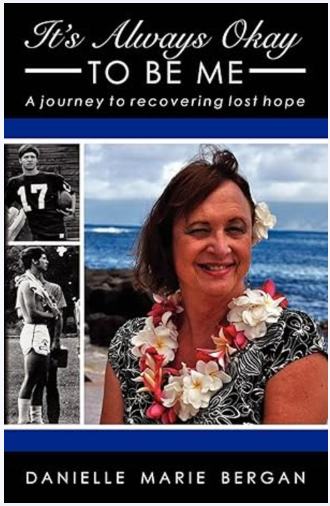A South Dakota bill that aimed to limit gender reassignment surgeries for transgender youth failed to gain enough support Monday in a state Senate committee.
The Republican-controlled Health and Human Services Committee voted 5-2 to move HB 1057 "to the 41st legislative day," effectively killing the proposal, as the annual session is limited to 40 days.
The South Dakota House of Representatives late last month passed the bill, known as the Vulnerable Child Protection Act, which would have made it a misdemeanor for physicians or any other medical professionals to perform gender reassignment surgeries on minors or to provide patients 16 and younger with hormones. A doctor found in violation of the proposed restriction could have faced up to a year in jail or a fine of not more than $2,000.
The bill did, however, allow doctors to perform surgery on infants who are born intersex, a term used for a variety of conditions in which a person is born with a reproductive or sexual anatomy and/or chromosome pattern that does not seem to fit the typical definitions of female or male.
The committee on Monday amended the bill to remove the criminal charges for doctors, but added a provision that would have allowed a person to sue after the surgery. Still, the bill failed to gain the support it needed to advance to the full Senate for consideration.
The bill's sponsor, Republican state Rep. Fred Deutsch, told CNN on Monday that he expected the committee to kill the bill, and that "unless the Senate can resurrect the bill, as far as I am concerned the issue is dead for the remainder of the year."
Although the deadline for introducing new legislation this session has passed, a lawmaker could seek a rare two-thirds suspension of the House or Senate rules to introduce the bill again or could attempt to have the bill's provisions amended into another bill, according to Jason Hancock, the director of South Dakota's Legislative Research Council. A majority vote of the full Senate could also get the bill out of committee to be considered by the full chamber, Hancock said.
Deutsch said it's too early to determine if he'll introduce similar legislation next year if he's reelected but that he was "grateful for the input on both sides of the issue."
"I set out to have a conversation with South Dakotans and believe I was successful, because the bill heightened parents' awareness about the issue," he told CNN.
Since the start of the 2020 legislative session, at least six states have proposed measures to restrict transgender minors' access to gender reassignment treatments, including surgery and hormone therapy. Some of the bills would make it illegal for physicians to administer the treatments, while others would classify the act as child abuse.
The South Dakota proposal was strongly opposed by a number of LGBTQ advocacy groups.
Sam Brinton, the head of advocacy and government affairs for the Trevor Project, a nonprofit organization that works on suicide prevention among LGBTQ youth, said in a statement on Monday that the committee's decision to stop the bill "will save lives."
"We are grateful to see HB 1057 defeated in committee today in a resounding victory for trans youth in South Dakota. We are hopeful that any state considering similar bills will join South Dakota in setting aside these attacks on trans youth to focus on real priorities to advance the health and well-being of all," Brinton said.
Alphonso David, the president of the Human Rights Campaign, also applauded the panel's decision, writing in a statement Monday that it was "heartening to see how strongly South Dakotans stood against HB 1057 and that elected officials in the state are standing up against the misinformation and anti-transgender attacks that came from the bill's proponents."
The legislation was also opposed by the American Medical Association and the American Civil Liberties Union of South Dakota.


